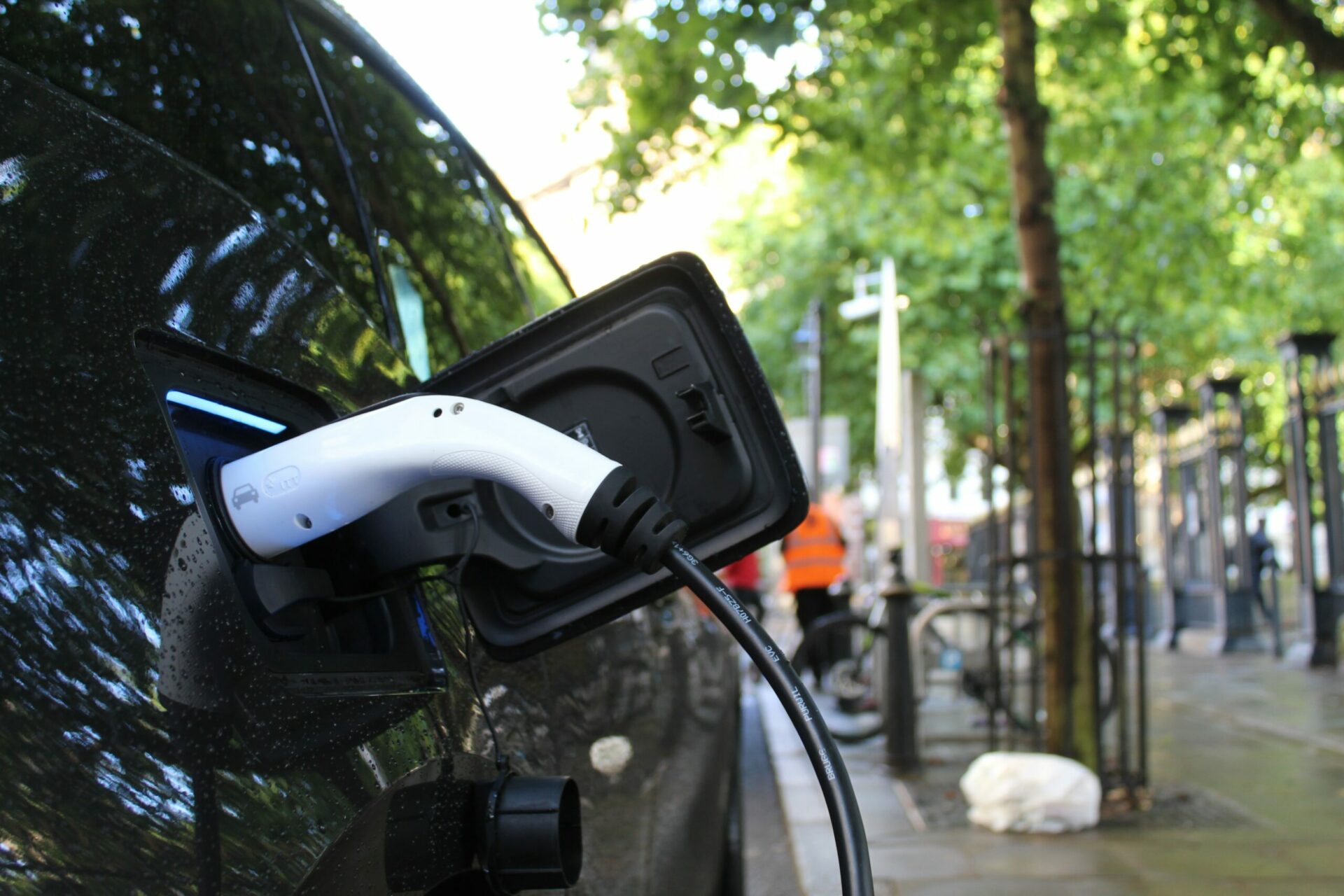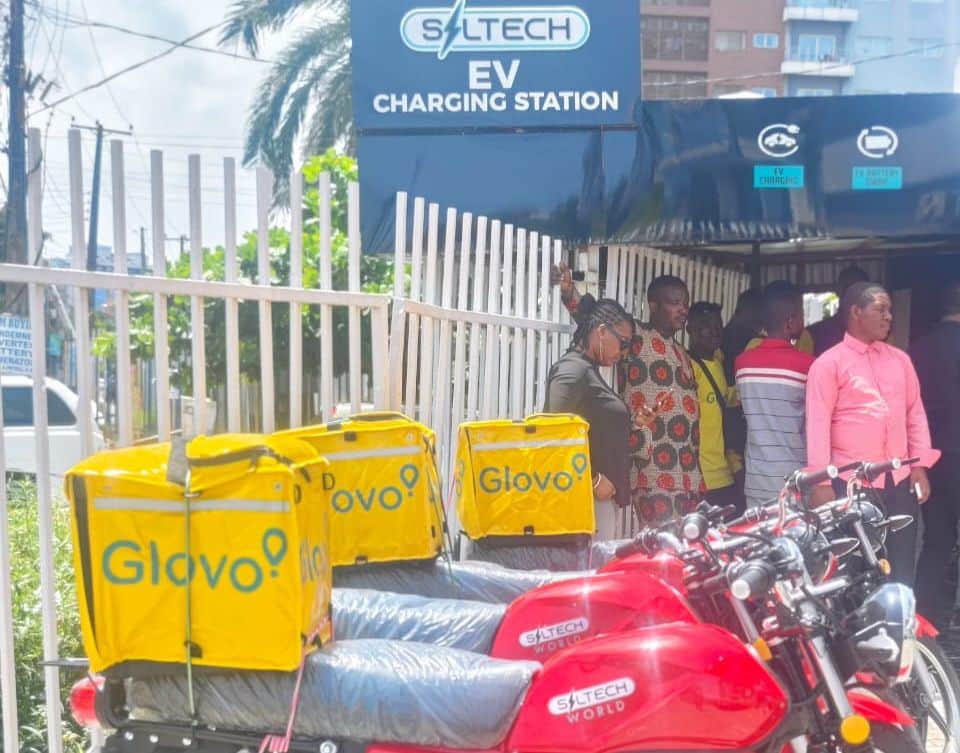- Uber, a ride-hailing company, and Chinese automaker BYD have announced a multi-year partnership to bring 100,000 new electric vehicles (EVs) to the Uber platform. The initiative will launch in Europe and Latin America, with plans to extend to the Middle East, Canada, Australia, and New Zealand.
- The partnership which aims to enhance EV accessibility for Uber drivers by providing competitive pricing and financing options, along with discounts on maintenance, charging, and leasing, does not include Africa, where Uber operates in over 61 cities across seven countries in sub-Saharan Africa.
- While Uber and BYD plan to integrate BYD’s vehicles with self-driving technologies on the ride-hailing platform, this exclusion is notable as EV adoption is slowly growing on the continent.
Although EV adoption is slow on the continent, several African countries are progressing toward greener transportation. In Kenya, for example, EV operator BasiGo has launched the country’s first specialised assembly line for modern electric buses. As of July 2024, BasiGo’s EVs in Kigali, Rwanda, have already served over 300,000 passengers.
In Nigeria, the Lagos State Government announced a $260 million investment on July 15, 2024, to acquire 5,000 new vehicles for its state-owned ride-hailing platform, LagRide, including 1,000 EVs.
In June, Ethiopia launched its largest EV factory in Debre Berhan, expected to produce around 1,000 cars a year.
South Africa also saw a surge in EV sales, with 3,042 new energy vehicles (NEVs) sold in the first quarter of 2024. In 2023, Tunisia introduced tax breaks and purchase incentives to boost its EV sector, aiming for 130,000 electric vehicles by 2030.
BYD expanded into Rwanda in January 2024, two years after entering Kenya. Ampersand, based in Rwanda, had also partnered with BYD, to enhance electric motorbike development and deployment in Africa.
Remember, in March 2024, Moove, a Nigerian vehicle financing platform, secured a $100 million Series B from Uber.
While Uber may not rush to expand its EV initiative to Africa, the ride-hailing company faces regulatory challenges. Alongside Bolt, Uber expressed dissatisfaction over the proposed 6% Significant Economic Presence (SEP) Tax in Nigeria’s Finance Bill 2024. In July, Uganda raised import duty to 25% on electric vehicles, hybrids, and electric motorcycles, up from zero in the previous fiscal year, when electric car imports hit 420 units.
Moreover, Uber confirmed to Techpoint Africa that it had launched EV initiatives in the past, including collaborating with local EV providers. It mentioned that in 2023, it launched a fleet of electric vehicles in Cape Town, South Africa, and said it has plans underway to expand to the rest of the country in 2024.
While Uber’s current EV initiative excludes Africa, in April 2024, Kenya’s fintech platform M-KOPA and ride-hailing company Bolt launched an electric motorcycle fleet, aiming to introduce over 5,000 new electric bikes in the next three years, with financing options at discounted rates.











